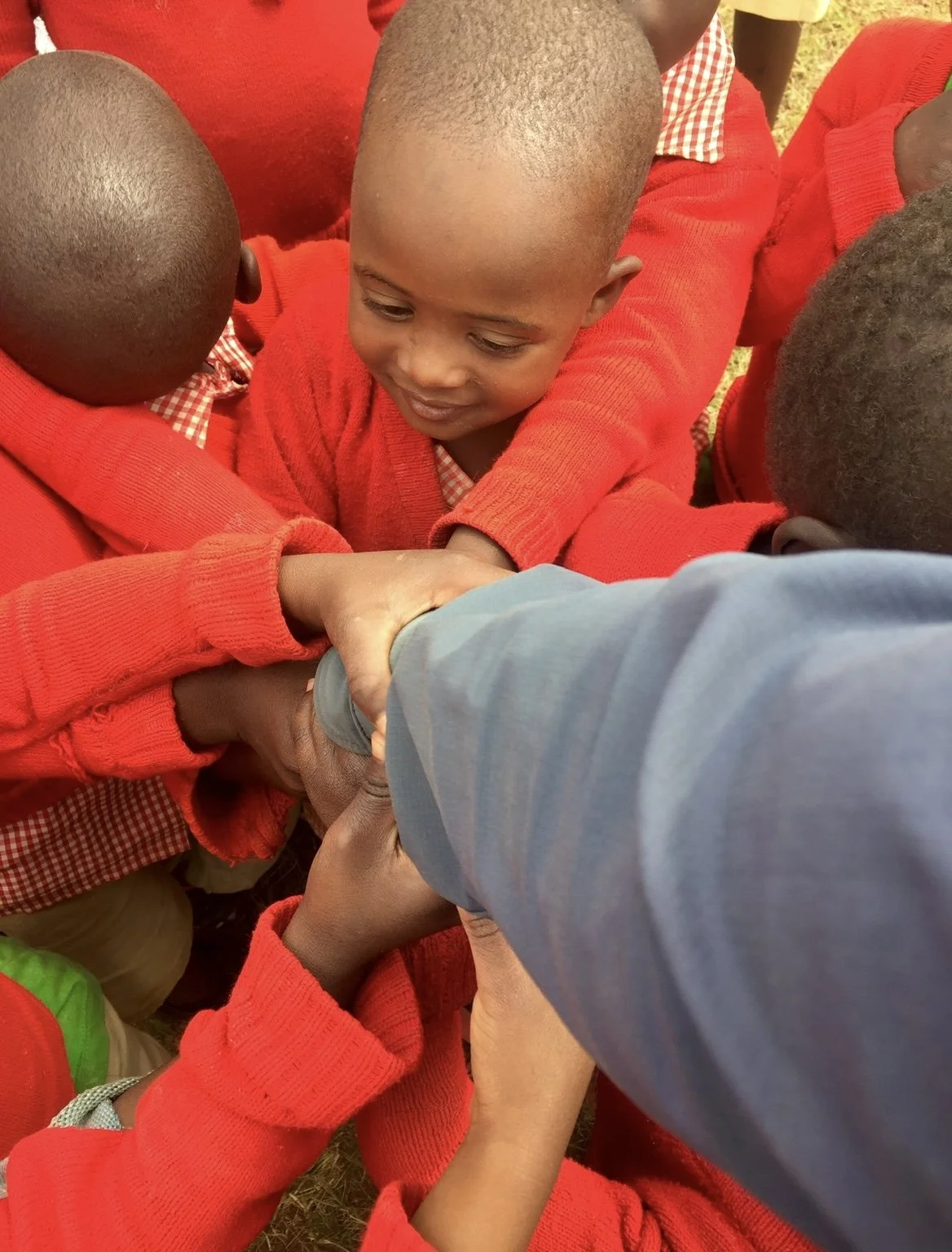I was hailing a boda boda (motorcycle taxi) when I heard a voice behind me ask if I would buy him some bread.
When I turned around I saw a barefooted boy about 12 years old. His short, black, curly hair was rusty-red from the dust of the iron rich african soil. His torn and faded blazer covered a stained and tattered t-shirt. His dirty oversized trousers cinched tight with a frayed nylon rope. His eyes were downcast, and his body language conveyed both shyness and hunger.
When I looked at this young boy, I was reminded of a story about an orphaned boy that was chased down and beaten to death by a mob, not far from where we stood for stealing a piece of bread. He was only nine years old.
The police rarely investigate crimes against homeless children, as they are seen as criminals and thieves by the police and the community rather than vulnerable individuals in need of protection and support.
A few years ago, the local police rounded up the street kids, loaded them into a lorry, then drove to the jungle and dumped them. One boy hid to avoid being taken to jungle, but later, when he was discovered by the police, he was taken to the stadium and shot dead. He was 14 years old.
I led the boy to a nearby market, where the smell of spices and produce mingled in the air. When we entered the store, I soon understood his hesitation, as all eyes were on him. I noticed the stares of the other shoppers, who seemed to regard him as a nuisance or a threat as he perused the shelf of bread. I asked him if he wanted anything else, but he said no. He quickly chose a loaf, then carried it to the cash register. He placed the bread on the counter, mumbled something to the store clerk, then immediately left the market.
After I paid the clerk, he bagged the bread, but instead of handing it to me, he set it to the side. He explained the boy would return later for the bread because if he were to take it with him, the older boys would steal it from him.
I left the market and found the boy waiting outside. He thanked me, then hailed me a boda boda.
As I thought about the boy's plight, I remembered the staggering statistics: 2.7 million orphans in Uganda, 10,000 children living on the streets. Poverty and HIV/AIDS were the main culprits. But statistics only tell part of the story. The reality was much darker: children being beaten to death for stealing bread, police rounding up street kids and dumping them in the jungle, rampant abuse and exploitation.
As I rode away on my boda boda, I couldn't help but wonder where the boy would sleep that night. The white loaf of bread he had chosen would do little to nourish his malnourished body, but it was better than nothing. The sun was setting, and the temperature was dropping. I felt grateful for the roof over my head and the food in my belly, but I also felt ashamed of the privilege that separated me from the boy and so many others like him.













